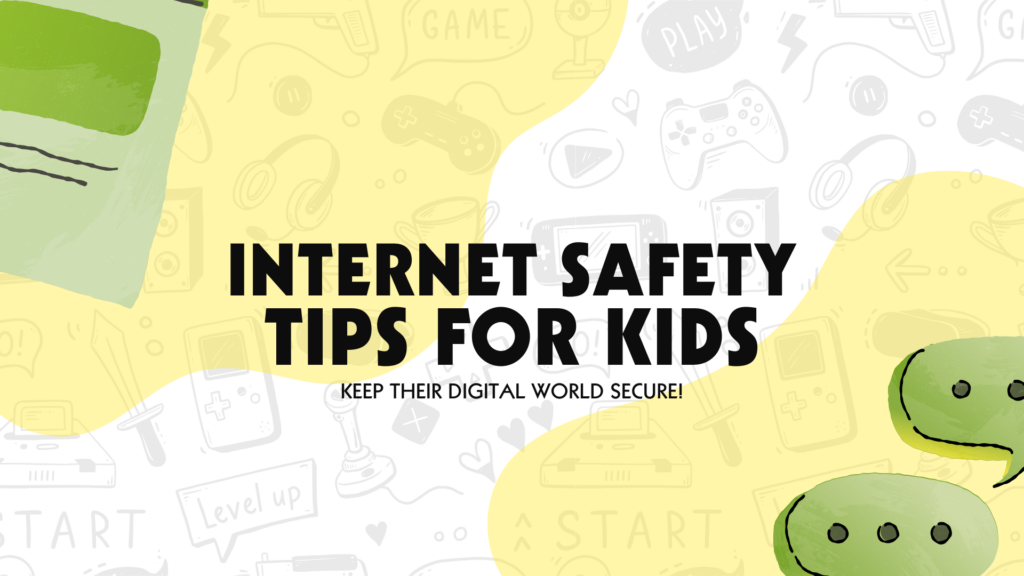Developing Character Through Video Games: A Parent’s Guide
Many parents worry about their kids spending too much time on video games, often viewing them as a waste of time. However, Developing Character Through Video Games is possible, especially with console games that challenge players in meaningful ways. Interestingly, many parents who don’t consider themselves “gamers” still play casual games on their smartphones, which are designed to pass the time. While casual games can be entertaining, they differ significantly from the console games their kids play, which focus on Developing Character Through Video Games by building skills like problem-solving and persistence.
Understanding the Difference: Casual Games vs. Console Games
Casual games, like those on smartphones, focus on keeping users engaged in quick bursts. Developers design these games to waste time, often using the freemium model or low upfront costs to generate revenue. In contrast, console video games aim to achieve something entirely different. They stimulate intrinsic motivation and give players a sense of accomplishment.
Because console games often cost between $20 and $99, they must deliver significant value to justify their price. Game designers create these titles to challenge players, help them develop new skills, and inspire persistence. Unlike casual games, console games focus on mastering challenges and achieving meaningful goals.
The Core of Console Gaming: Challenge, Skill, and Persistence
Console games keep players engaged by focusing on three key elements:
- Challenging Obstacles – Players face difficult tasks that require effort to overcome.
- Skill Development – Success depends on learning and improving specific skills.
- Persistence – Players must keep trying, even when they fail, to achieve their goals
For kids, video games offer a series of challenges that demand tenacity, problem-solving, and growth. When parents dismiss video games as “a waste of time,” kids may hear a deeper message. They interpret it as, “Facing challenges, learning, and persisting are a waste of time.” This unintended message can discourage them from developing these valuable skills.
How Parents Can Foster Positive Conversations About Gaming
Instead of dismissing video games, treat them as opportunities for growth. Approach your child’s gaming experience like a project they manage or a problem they solve. This approach helps kids see the skills they develop while gaming—critical thinking, resilience, and strategy—as transferable to other areas of life.
- “What was hard about that for you?” – This opens the door to meaningful conversations about the challenges they faced and how they overcame them.
- “How did you solve that problem?” – These types of questions encourage reflection, build confidence, and help your child see the value in their efforts.
Turning Video Games into Life Lessons
When you talk to your kids about their gaming experiences, you move the conversation from judgment to understanding. Recognizing the effort, skill, and persistence required to succeed in games shows kids that their hobbies have value. This perspective empowers them to apply these lessons to real-world challenges, turning gaming into a foundation for lifelong growth.

Learn essential tips on internet safety for kids. Protect your child’s privacy and keep their online experience secure and safe.

